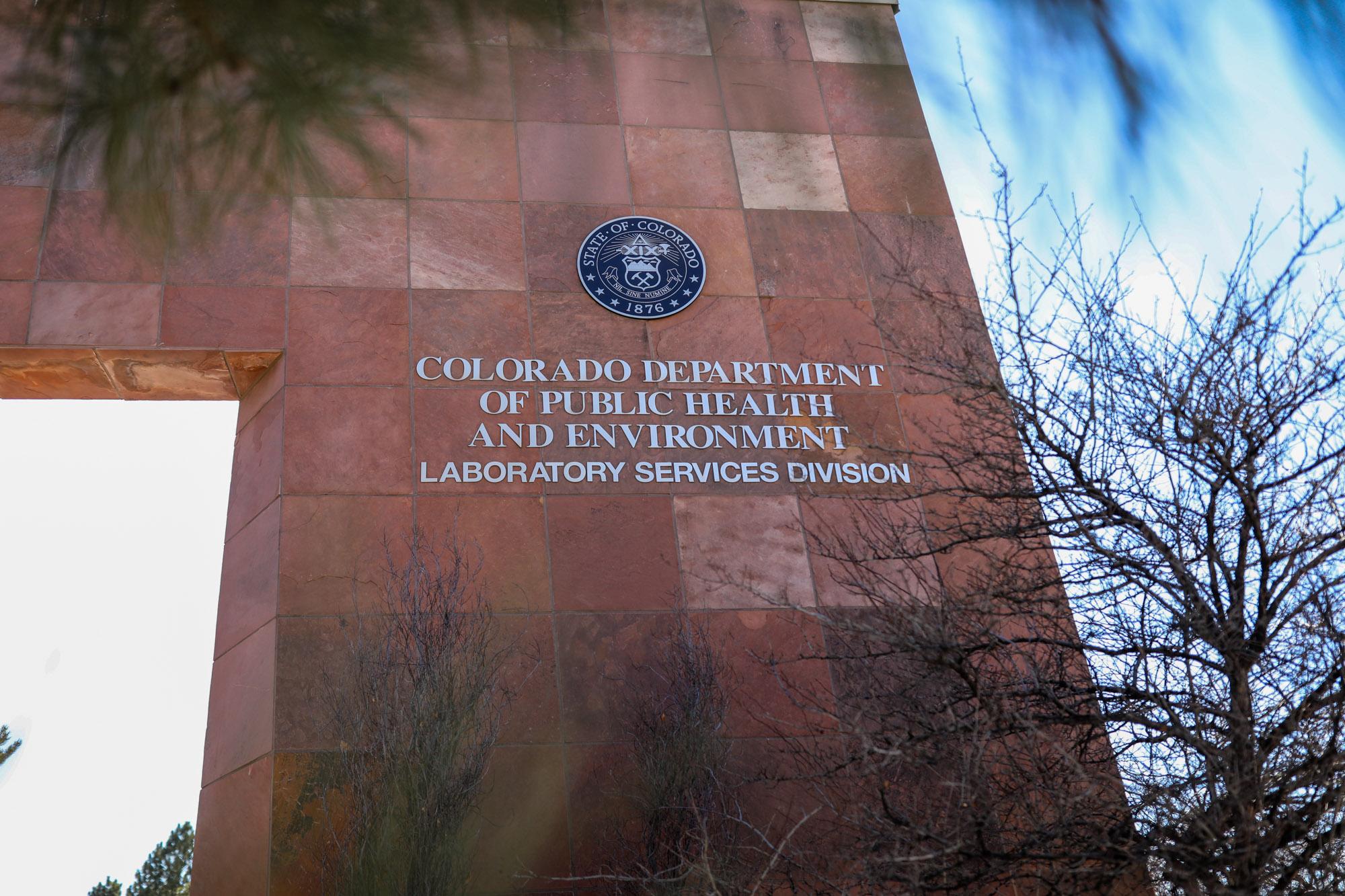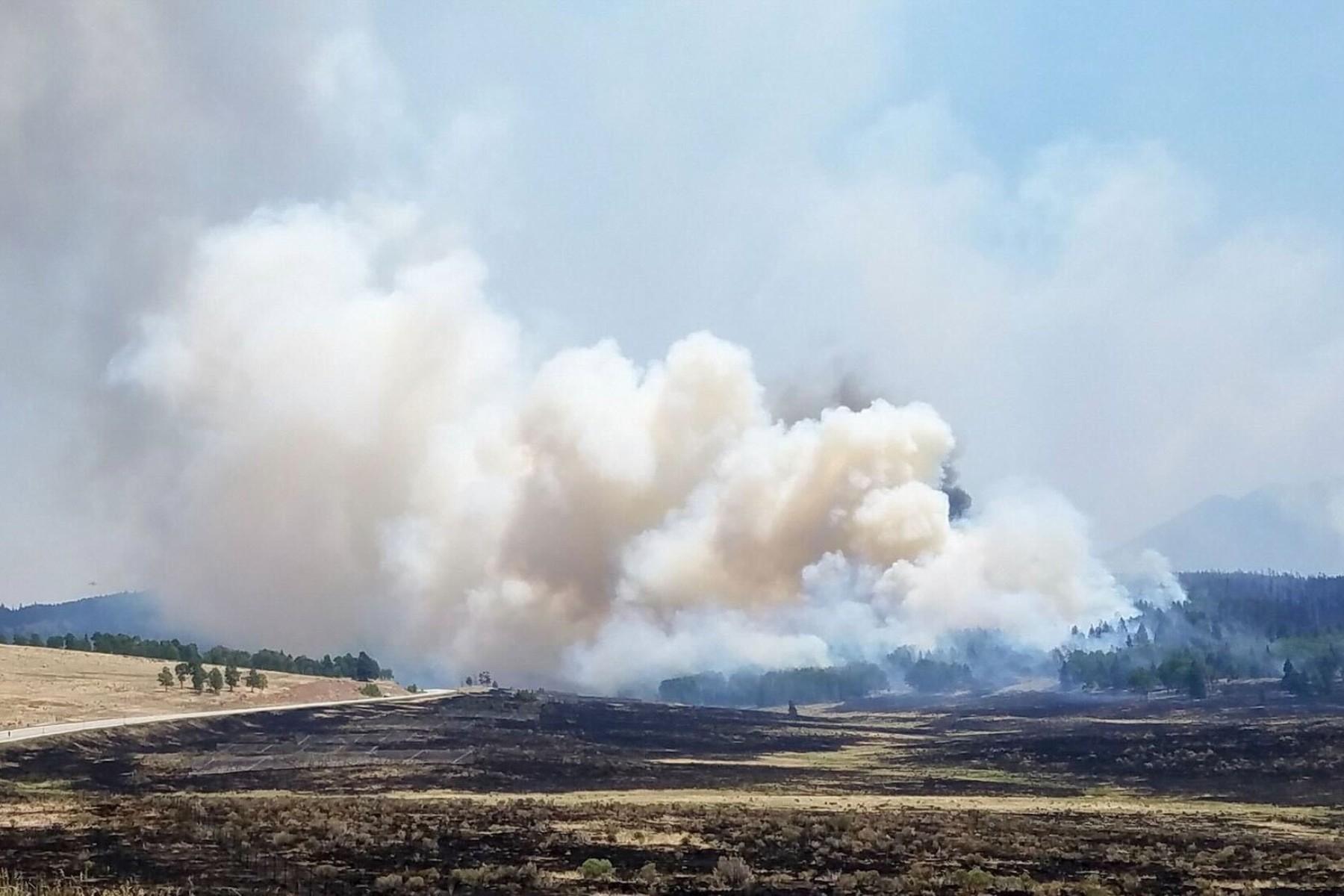
Colorado's health department says an internal review of past test results at the state lab, which has been plagued by serious problems, has found no sign of a public health risk.
The agency started the review after finding a senior chemist manipulated data, impacting the accuracy of thousands of tests going back several years. The chemist resigned in May.
In response, the agency reviewed 60,000 tests for lead in the water of elementary schools and child care centers in the state. It said it is recalling 16 samples and may need to do retesting.
But chief medical officer Ned Calonge said no one’s health is threatened.
“We can confidently say there's no evidence of an imminent public health risk created by any of the new findings,” he said.
Five schools in five different counties may require retesting, but no samples surpassed federal guidelines and schools have been informed.
“We can confidently say to parents, children in those schools that there's no imminent public health risk,” Calonge said.
The department’s review of the recalled test results showed that lead levels in the samples were below the “action level” of 5 parts per billion when accounting for what it called “calibration margins of errors/quality control error ranges.” In some cases, “a more recent test is available that supports the conclusion that there is no imminent risk to public health,” according to the release.
The schools and child care facilities that may require retesting are:
- Land of Wonder Home Daycare, Douglas County.
- Sunshine and Smiles Childcare, Weld County.
- Rocky Mountain Montessori Academy, El Paso County.
- Elk Creek Elementary School, Jefferson County.
- Sips & Giggles, Morgan County.
The state health department said it has temporarily paused the chemistry water testing while “determining next steps and requirements from the EPA.” Prior to restarting the program, it said it would complete a full review of quality assurance processes and design “a plan for improvement, and financial sustainability,” according to the statement.
EPA had not responded to an email from CPR by deadline.
The agency provided an update, via press release, of what it said was phase two of a review of past test results in the chemistry program, which it said was being conducted out of an abundance of caution.
In the latest batch of reviews, staff have identified errors in a small subset of tests, it said, blaming them on data manipulation and/or failure of review protocols. Calonge said in an interview the reason behind the data manipulation problems still wasn’t clear. The “conjecture,” he said, was that "it was a way of cutting corners.”
He said the investigation would continue.
“This is just one part of our broader effort to reinforce quality control and maintain public confidence in our laboratory operations,” he said in a statement. “The department remains committed to transparency and accountability as it strengthens laboratory operations to ensure the highest standards of quality and reliability.”
The probe looked at years of data and “hundreds of thousands of quality control records.”
The new findings were part of a review of tests of metal and inorganic materials at the state lab, from 2018-24. So far, the state Department of Public Health and Environment, has reviewed more than 60,000 data points, finding proper protocols were “followed completely in 99.96 percent of cases.”
The lab is recalling 16 samples from 2022-23 and the agency will potentially require the impact facilities to retest, according to the release.
The review examined three other chemistry methods used in the lab, according to the release:
- The FDA food safety surveillance program conducts random testing of food products nationwide. A review by staff found about 4 percent (20 of 477) of samples from tests between 2018-23 did not meet quality control standards. The statement said the lab had notified the FDA and would work with the FDA if they determine that any additional actions are necessary.
- The mercury in fish testing methods tests samples of fish from Colorado waterbodies to help inform the state’s fish consumption advisories. Staff identified quality control failures in mercury testing for fish samples from 2018 and the lab recalled about 3 percent of samples (27 of 1,000) from two batches in 2018. Due to the small number of samples, CDPHE said that its fish consumption advisories “are still accurate and protective of public health.”
- The “anions testing method” tests for substances chloride, sulfate, ortho-phosphate, nitrate, nitrite and fluoride in drinking water and water in rivers and streams. The review found that about 1.4 percent of samples (262 of 18,951) from batches between 2018 and 2024 failed to appropriately follow quality control requirements. The statement said the agency is in the process of notifying customers of the recalled tests. Four of the results were for drinking water. “All the drinking-water systems with recalled test results have done more recent testing demonstrating that safety standards are being met,” according to the release.









